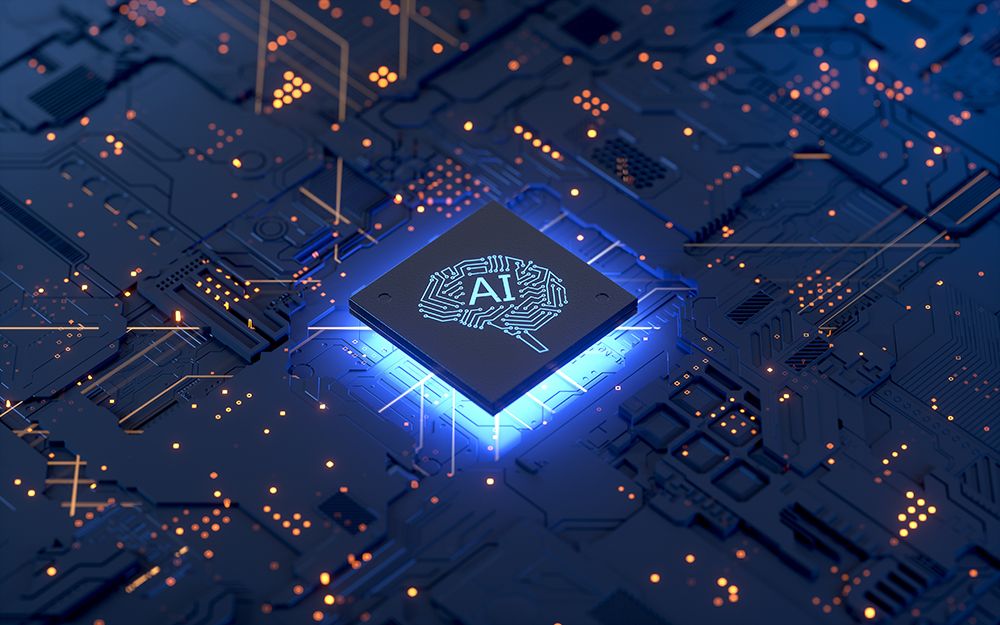
For the responsible and inclusive development of AI now
By Doreen Bogdan-Martin, Secretary-General, ITU
Geneva is a global hub for multilateralism, well positioned to move complex governance issues forward in line with core United Nations values.
The AI for Good Global Summit convened by ITU on 6 and 7 July is the first opportunity for the world’s leading voices on artificial intelligence to come together on the global stage to address governance issues since the rise of generative AI.
I’ll mention four: inclusion, social inequalities, transparency and data.
Inclusive participation is crucial for countries with low technological capabilities. AI must benefit everyone, including the 2.7 billion people who are still offline worldwide.
AI should not increase existing inequalities. Ethical and rights-based systems are essential. We must address biases based on race, gender, politics, culture, religion, and economic disparities.
Transparency and accountability must be integral to AI. Automated decision-making processes should be transparent and accountable.
Data access, ownership, transparency, pooling, harmonization, and interoperability are critical global discussions.
ITU’s commitment to addressing these issues is unwavering. And it’s in line with core UN values.
Our 193 Member States and over 900+ members from the private sector, academia and international and regional organizations apply these values across our work. ITU standards, for example, promote interoperability, consistency, safety, ethics, best practices and regulatory compliance in the development and use of AI technologies.
A number of our multistakeholder groups open to all interested parties work for the quick development of specifications that address industry needs as they emerge on various aspects of AI — from digital agriculture (with the Food and Agriculture Organization) to disaster management (with the World Meteorological Organization and the UN Environment Programme), health (with the World Health Organization), autonomous networks (with UNECE) and the metaverse.
Last year, the UN leadership endorsed the Principles for the Ethical Use of AI developed by the Inter-Agency Working Group on AI co-chaired by ITU and UNESCO. These 10 principles — rooted in ethics and human rights — guide the use of AI throughout its entire lifecycle across all UN organizations.
When ITU and its sister partner UN agencies started the AI for Good Global Summit in 2017, we knew we wanted to address the toughest questions humanity has ever faced and develop concrete applications to help accelerate the achievement of the Sustainable Development Goals.
The SDGs are regrettably failing — and AI can help rescue them before it’s too late.
For this, we need to ensure that the responsible and inclusive development of AI is the way forward. That’s what this moment requires — and we won’t stop until it’s a reality for everyone, everywhere.
